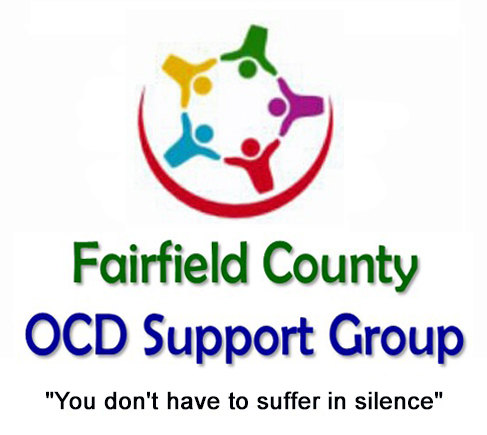Sidebar Menu

Guidelines For Families Coping With OCD
- Keep it cool at home. Use
a quiet manner.
- Lower expectations temporarily -
compare progress this month to last month rather than last year or next
year. Compare his/her progress with him/herself, not anyone
else.
- Overlook rituals and checking.
See these as coping strategies. Don't participate
in rituals.
- Don't be judgemental of his/her
behavior. Accept it as the best he/she can do right now.
- Do not pressure him/her to
verbalize anxiety (only makes matters worse).
- Help channel energy into activities
- jogging, swimming, dancing, etc. Activity is more likely to
calm him/her down than talking it out.
- Allow verbal expression of rage and
anger. Listen to what he/she says. Try not to be
defensive.
- Help him/her develop confidence in
own decisions and choices by allowing him/her enough time to make them
him/herself. Never make decisions for another person (unless
a young child) but help them make it.
- Do not confront him with what
he/she says or does - reflect the feelings behind the action and allow
further discussion.
- Do not pressure him/her but stick
to the time allocated by the therapist. If not in therapy,
cut down on the time of the activity slowly.
- Always explain changes - make only
reasonable demands.
- Limits calm things down.
Everyone needs to know what the rules are. Set
limits on the amount of time he/she talks beyond 10 minutes.
Conversation beyond 10 minutes may not be productive.
Do not restrict rituals.
- Ignore what you can't change.
Let some things slide. Never ignore violence or
suicidal threats.
- Say what you have to say clearly,
calmly, and in a positive way.
- Follow doctors orders.
Take medications as they are prescribed. Take only
medications that are prescribed.
- Carry on business as usual -
reconnect with friends, hobbies, and family routines.
- No street drugs or alcohol.
They make symptoms worse.
- Pick up on early changes and signs
- consult with therapist and/or doctor.
- Solve problems step by step - make
changes gradually. Work on one thing at a time.
- If he/she's on a behavioral
modification program, assist him/her to follow his assignments by
allowing his/her own time and space to do them. Don't get
involved (unless a young child).
Page Footer



